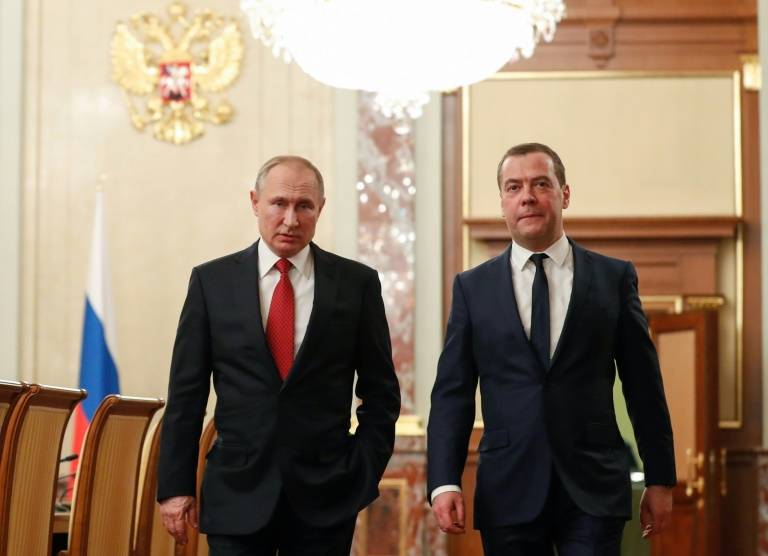Earlier this year, despite failing to find any substantive evidence of Russian meddling in the US elections process in 2016, some American officials began alleging that Moscow is once again using a "range of measures" to interfere in the 2020 race, ostensibly to "denigrate" Democratic presidential candidate Joe Biden.
Russian President Vladimir Putin has invited the United States to exchange pledges of non-interference in internal politics as part of a large-scale programme aimed at resetting Russian-US cooperation in the field of international information security.
“One of today’s major strategic challenges is the risk of a large-scale confrontation in the digital field. A special responsibility for its prevention lies on the key players in the field of ensuring international information security. In this regard, we would like to once again address the US with a suggestion to agree on a comprehensive programme of practical measures to reboot our relations in the field of security in the use of information and communication technologies," a statement by the president put out by the Kremlin on Friday said.
Putin proposed the restoration of "regular, full-scale bilateral interagency high-level dialogue on the key issues of ensuring international information security," including the maintenance of the "continuous and effective functioning of the communication channels between competent agencies of our states through Nuclear Risk Reduction Centers, Computer Emergency Readiness Teams and high-level officials in charge of the issues of international information security within the bodies involved in ensuring national security, including that of information."
As part of the reset, the Russian president proposed the joint creation and signing of a new "bilateral intergovernmental agreement on preventing incidents in the information space similarly to the Soviet-American Agreement on the Prevention of Incidents On and Over the High Seas in force since 25 May 1972."
Furthermore, he said, the two countries should "exchange, in a mutually acceptable format, guarantees of non-intervention into one another's internal affairs, including into electoral processes...by means of information and communication technologies and high-tech methods."
Urging officials to begin dialogue on these issues at the expert level, Putin suggested that such dialogue should proceed, and not be made "hostage to our political disagreements."
Russian Meddling 2.0
In recent weeks, US officials have ramped up claims of Russian state meddling in the US 2020 presidential election, with intelligence heads and US tech companies accusing Moscow of attacking Joe Biden and the "anti-Russia establishment" and trying to hack into Biden campaign computers. The Kremlin has dismissed the allegations as "nonsense," pointing to a lack of evidence to back up the claims.
The claims about Russian meddling in 2020 follow over four years of claims by Democratic lawmakers and US media about a systematic Russian hacking, trolling and meddling effort in 2016, with the political forces behind those claims even accusing President Donald Trump of 'colluding with' the Kremlin to get elected. The latter allegations fell apart in April 2019 with the release of the Mueller report, which found no evidence of any collusion between Russia and Trump. Similarly, independent investigations by Google, Facebook and Twitter on alleged Russian trolling influence operations in 2016 found no evidence of a systematic or effective Russian meddling campaign.






